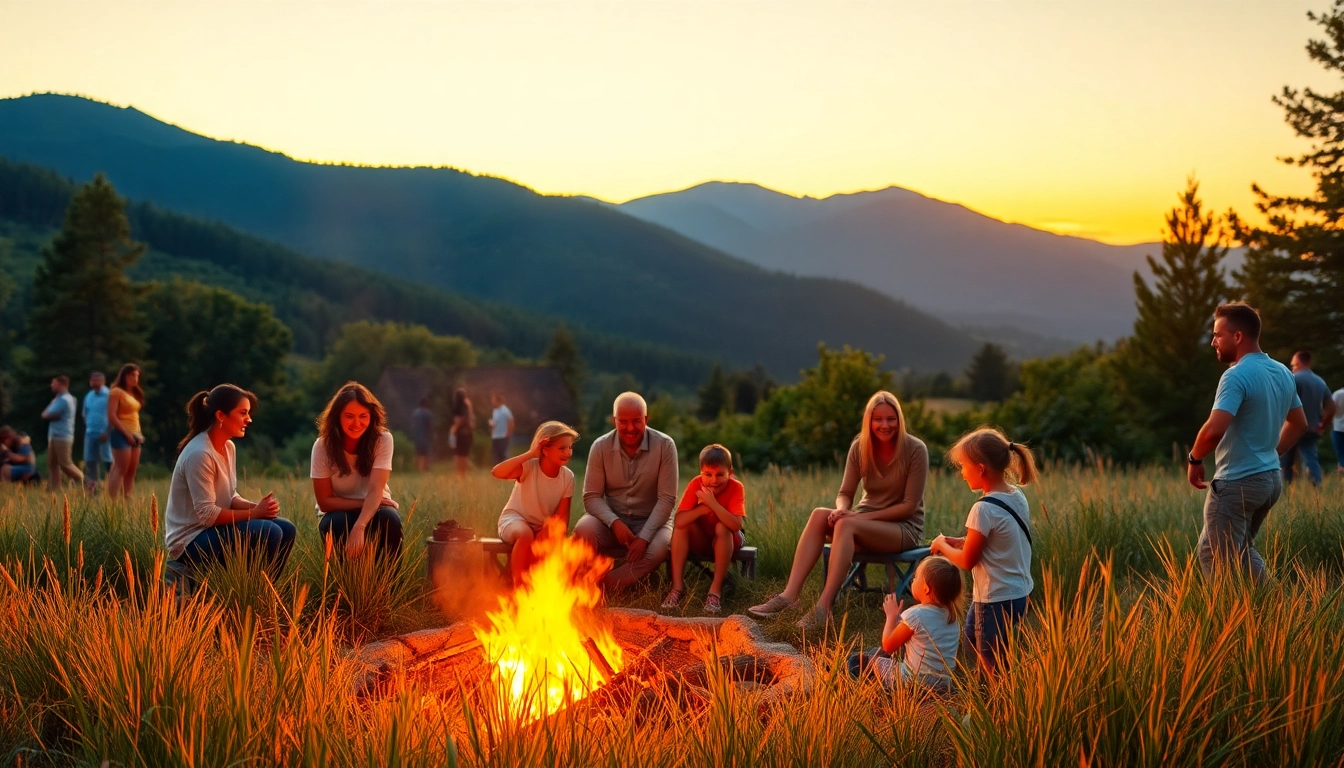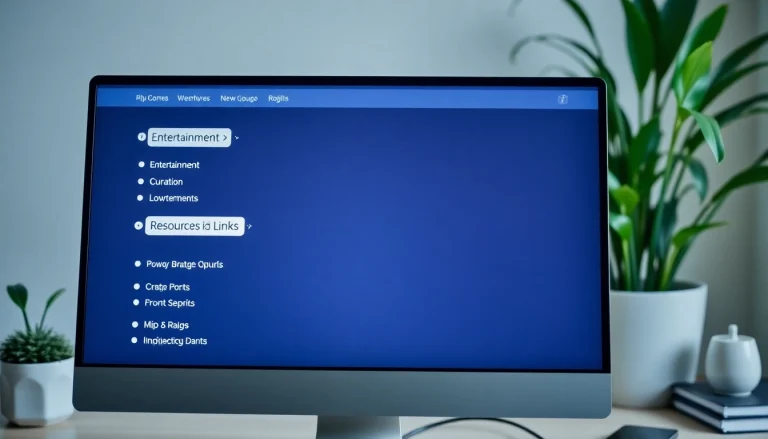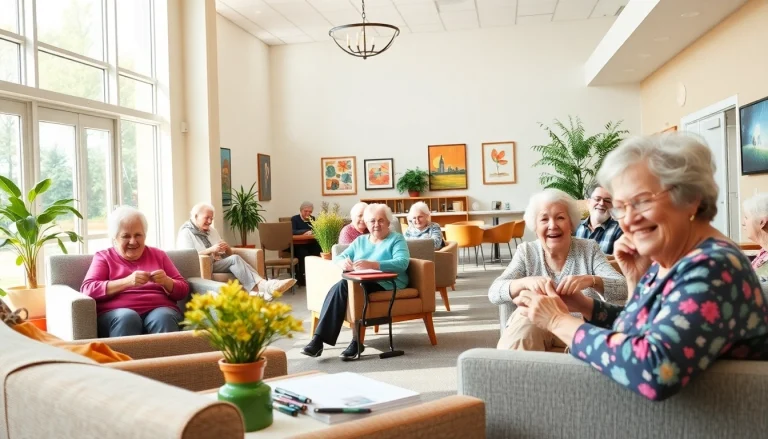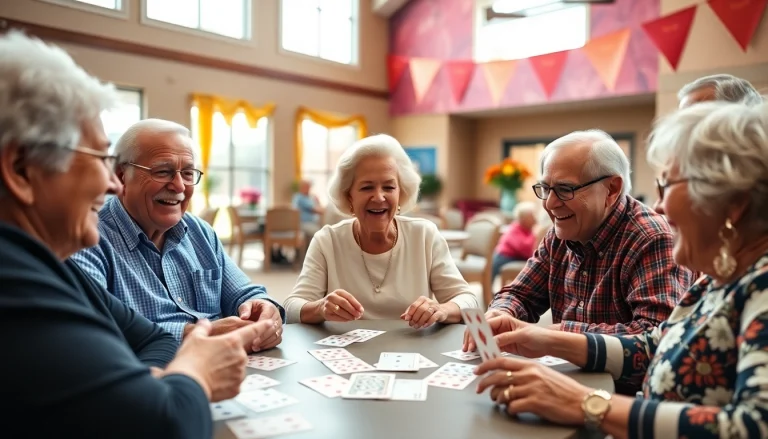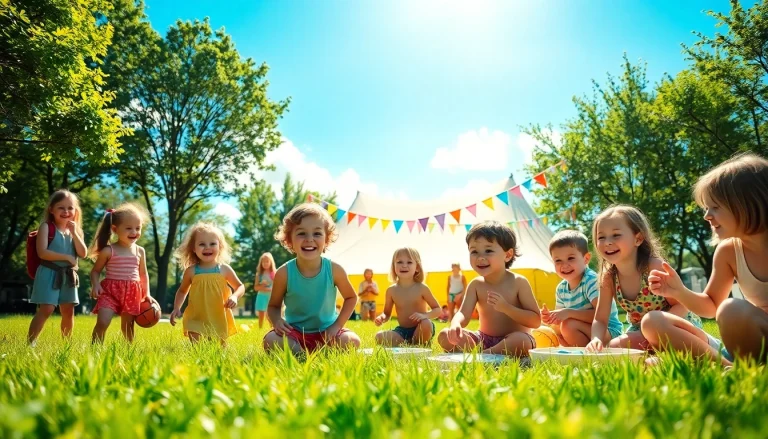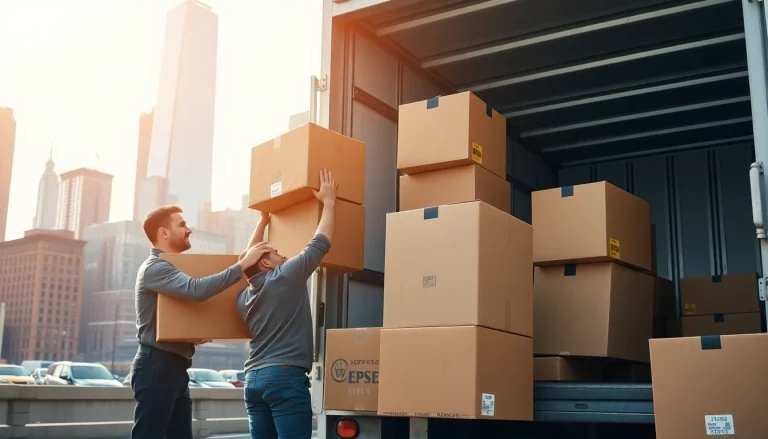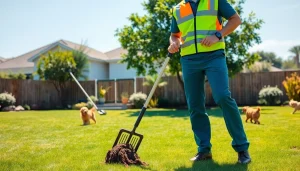Understanding Wildfire Events and Their Importance
Wildfire events are dynamic, often unpredictable occurrences that manifest in various forms across the globe. Beyond their environmental significance, they can play a vital role in bringing communities together, fostering awareness, and creating opportunities for education and cultural celebrations. In this article, we will explore the multifaceted nature of wildfire events, their impacts on local communities, and how to effectively organize and attend them. For those interested in wildfire events, understanding these elements can enrich both the planning process and the experience itself.
Defining Wildfire Events
Wildfire events encompass a wide range of activities and phenomena, including controlled burns, wildfire awareness campaigns, community gatherings, and educational workshops. At their core, these events aim to educate the public about wildfires, their causes, consequences, and prevention methods. They can also serve as platforms for cultural expression, often celebrating the resilience of communities in fire-prone areas.
Impact on Local Communities
In many regions, wildfire events have a profound impact on local communities. These events offer opportunities for community engagement, where residents can learn about fire ecology, participate in fire prevention programs, and even contribute to local firefighting efforts. Additionally, wildfire events can boost local economies by attracting visitors for educational programs, festivals, or retreats. Such gatherings often foster a spirit of collaboration and empowerment, enabling communities to better prepare for and respond to actual wildfire incidents.
Safety Considerations During Wildfire Events
While engaging with wildfire events, safety must be a priority. Participants should be educated about fire safety measures, including maintaining defensible space around properties, understanding evacuation routes, and recognizing fire weather conditions. It’s also essential for event organizers to have clear emergency protocols in place. These considerations not only ensure the safety of attendees but also instill a sense of preparedness that extends beyond the event itself.
Types of Wildfire Events Around the World
Wildfire events can vary significantly across different geographical locations and cultures. Understanding the types of events can help individuals and organizations tailor their initiatives to suit their local contexts and objectives.
Cultural Festivals Celebrating Wilderness
Many areas prone to wildfires host cultural festivals that celebrate the natural environment while educating attendees on fire prevention and management. These festivals often include workshops, demonstrations, and performances that highlight the historical and ecological significance of fire in different ecosystems. For instance, in the American West, events might feature Native American storytelling, showcasing traditional ecological knowledge regarding fire management.
Wildfire Awareness Initiatives
Across the globe, governments and organizations implement wildfire awareness initiatives aimed at educating the public about the risks and benefits associated with wildfires. These programs often involve community meetings, informational pamphlets, and training sessions focused on preparation and response. For example, regions in Australia have introduced programs that not only teach communities about wildfire behavior but also encourage proactive measures to mitigate risks.
Community Engagement Activities
Community-based activities surrounding wildfire events can take the form of volunteer days where residents engage in controlled burns, tree planting, or clearing brush. These initiatives not only enhance the resilience of the community towards wildfires but also build camaraderie among residents. Programs that involve collaboration with local schools can teach children about fire ecology in a hands-on way, thereby cultivating a culture of fire awareness from a young age.
Planning Your Own Wildfire Event
Whether you are a community leader, an environmental organization, or a member of the public interested in hosting an event, careful planning is crucial for the success of your wildfire-related initiative. Here are some key considerations.
Choosing the Right Location
The venue you select for your wildfire event can significantly influence attendance and engagement levels. Consider locations that are accessible to your target audience and that offer a connection to the subject matter. For example, planning an event at a local nature reserve or park can enhance the educational component, allowing participants to experience wildfire ecology firsthand.
Gathering Resources and Permits
Before hosting your event, ensure you’ve gathered all necessary resources. This might include supplies for educational materials, promotional materials, and sufficient staff or volunteers to assist during the event. Additionally, check local regulations regarding permits for using public spaces, which can vary widely by locality. Securing the right permissions in advance is crucial for a seamless experience.
Promoting Your Event Effectively
Effective promotion is essential to ensure good attendance at wildfire events. Utilize social media channels, local news outlets, and community bulletin boards to reach a diverse audience. Partnerships with local schools, environmental groups, and community centers can also enhance your promotional efforts. Create engaging content that highlights the unique aspects of your event to draw in participants, including guest speakers, interactive activities, or live demonstrations.
Best Practices for Attending Wildfire Events
As an attendee, understanding how to prepare for wildfire events not only enhances your experience but also ensures you are contributing positively to the event and the community. Here are some best practices to consider.
Preparing for Outdoor Activities
Many wildfire events take place outdoors, so it’s essential to prepare accordingly. Dress appropriately for the weather, wear sturdy footwear, and bring necessary supplies such as water, sunscreen, and insect repellent. Understand the schedule of activities so that you can participate in all that interests you. Additionally, consider bringing a notebook to jot down important information or insights that you gain throughout the event.
Understanding Environmental Responsibilities
When attending wildfire events, it’s important to demonstrate environmental stewardship. Follow the principles of Leave No Trace, ensuring that you clean up after yourself and respect the landscape. Participating in activities that promote conservation, such as planting trees or clearing invasive species, can further enhance the sustainability of the event and your connection to the environment.
Engaging with Local Services and Organizations
Use your attendance as an opportunity to network and engage with local services and organizations that focus on wildfire management and prevention. Connecting with these entities can provide valuable resources and information for your community and encourage ongoing collaboration in wildfire preparedness initiatives.
Evaluating the Success of Wildfire Events
After your wildfire event has concluded, it’s important to evaluate its success to improve future initiatives. Gathering feedback and measuring the event’s impact can provide insights into what worked well and what needs refinement.
Gathering Feedback from Participants
One of the most effective ways to gauge the success of your event is by collecting feedback from attendees. Utilize surveys, comment cards, or even informal discussions to capture participant perspectives. Consider what aspects they found most engaging or informative, and what elements could be improved. Making adjustments based on this feedback can contribute to the ongoing evolution of your wildfire events.
Measuring Community Impact
In addition to individual feedback, consider measuring the broader impact of your event on the community. This could involve assessing attendance numbers, increased levels of community engagement, or positive shifts in local attitudes towards wildfire preparedness. Engaging local journalists or bloggers to cover the event can also help amplify its impact within the community.
Improving Future Wildfire Events
The insights gained through evaluation should inform your planning for future wildfire events. Continuous improvement not only enhances the experiences of attendees but also strengthens community resilience against wildfires. Consider how you can introduce new elements based on participant feedback and changing environmental conditions, ensuring your events remain relevant and impactful.
